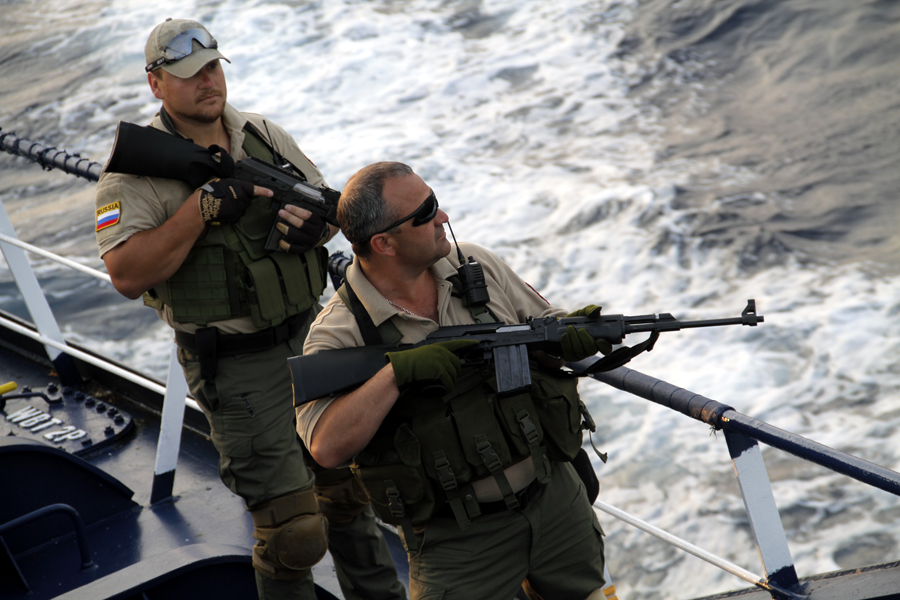The oceans cover over 70% of our planet and have played a vital role in connecting nations through trade and commerce since ancient times. Even today, about 90% of global trade is carried out via sea routes, making maritime security a matter of global importance. With increasing threats of piracy, maritime terrorism and illegal activities at sea, nations are strengthening cooperation to ensure safety and free flow of goods on the high seas.
Rising Threat of Piracy
One of the major threats to maritime security is piracy. In recent years, certain regions like the Gulf of Guinea in West Africa and the waters near Somalia have seen a spike in pirate attacks on commercial vessels. According to the International Maritime Bureau, 130 seafarers were captured and held hostage by pirates in the Gulf of Guinea in 2020 alone. The economic cost of piracy runs into billions each year due to rerouting of ships, higher insurance premiums, and ransom payments. Nations like Somalia lack law and order on land as well as sea patrol capabilities, leading to emergence of pirate gangs who hijack ships for money and cargo. While multinational naval forces have reduced piracy near Somalia, the threat persists and new hotspots are emerging. Coordinated international action is needed to crack down on pirate networks, curb their financing and prosecute perpetrators.
Role of Technology in Enhancing Surveillance
With almost 70% of earth covered by seas, monitoring illegal activities requires herculean efforts. Here, emerging technologies can aid maritime security forces. Unmanned aerial and underwater vehicles equipped with advanced sensors are helping scan vast ocean areas more efficiently. Satellite imagery and AI-powered vision systems can detect anomalies at sea day and night. Long range maritime patrol aircraft equipped with over-the-horizon surveillance radars supplement satellite and UAV monitoring. Automatic identification systems on vessels provide real-time tracking of shipping traffic. Nations are also working to track vessel movements and identify / blacklist those involved in sanctions evasion or smuggling. By fusing data from multiple domains, a comprehensive maritime picture can be built to nip threats in the bud.
Maritime Terrorism – A Persistent Threat
Besides pirates, terrorist groups also threaten security on the high seas. In October 2000, suicide bombers in an explosive-laden dinghy blew a hole in the USS Cole, killing 17 American sailors. More recently, there was a terror attack targeting an LPG tanker off Nigeria. With growing extremism in some coastal regions, terror outfits may attempt hijacking merchant ships or attacking energy infrastructure at sea. Their modus operandi could include using small commercial boats laden with explosives or deploying underwater swimmers armed with mines or explosives. Nations like India are taking measures to harden security of vital ports and offshore energy assets. Regional cooperation and intelligence sharing is essential to preempt terror plans in the maritime domain.
Addressing Illegal Fishing and Dumping
Other concerns regarding Maritime Security include influx of pollutants at sea, illegal fishing, and dumping of toxic waste. Poor monitoring allows activities like deep sea trawling and dredging to damage fragile ecosystems and deplete fish stocks. Some fishing fleets also engage in IUU (illegal, unreported, and unregulated) practices, threatening livelihoods of local communities. Similarly, unscrupulous elements discharge industrial effluents and e-waste into oceans with little oversight. This degrades marine environment and public health. States need robust Coast Guards with enforcement powers to police their maritime zones up to the Exclusive Economic Zones (EEZ). Environment protection laws should be strictly implemented and regional cooperation established to catch the offenders.
Coordinated Response through International Forums
Given the transnational nature of ocean threats, no single nation can ensure security on its own in the maritime domain. International cooperation and joint initiatives have become essential. Platforms like the Indian Ocean Naval Symposium, Western Indian Ocean Forum and African Maritime Law Enforcement Partnership are bringing together regional navies/coast guards to enhance information sharing, undertake coordinated patrols and respond quickly to developing situations. The Contact Group on Piracy off the Coast of Somalia (CGPCS) aided international anti-piracy operations in the Gulf of Aden. Global forums like the International Maritime Organization and United Nations Office on Drugs and Crime also work with states to strengthen regulatory frameworks and find enduring solutions. With active participation and collective will, the interlinked challenge of maritime security can be combatted effectively.
*Note:
1. Source: Coherent Market Insights, Public sources, Desk research
2. We have leveraged AI tools to mine information and compile it




